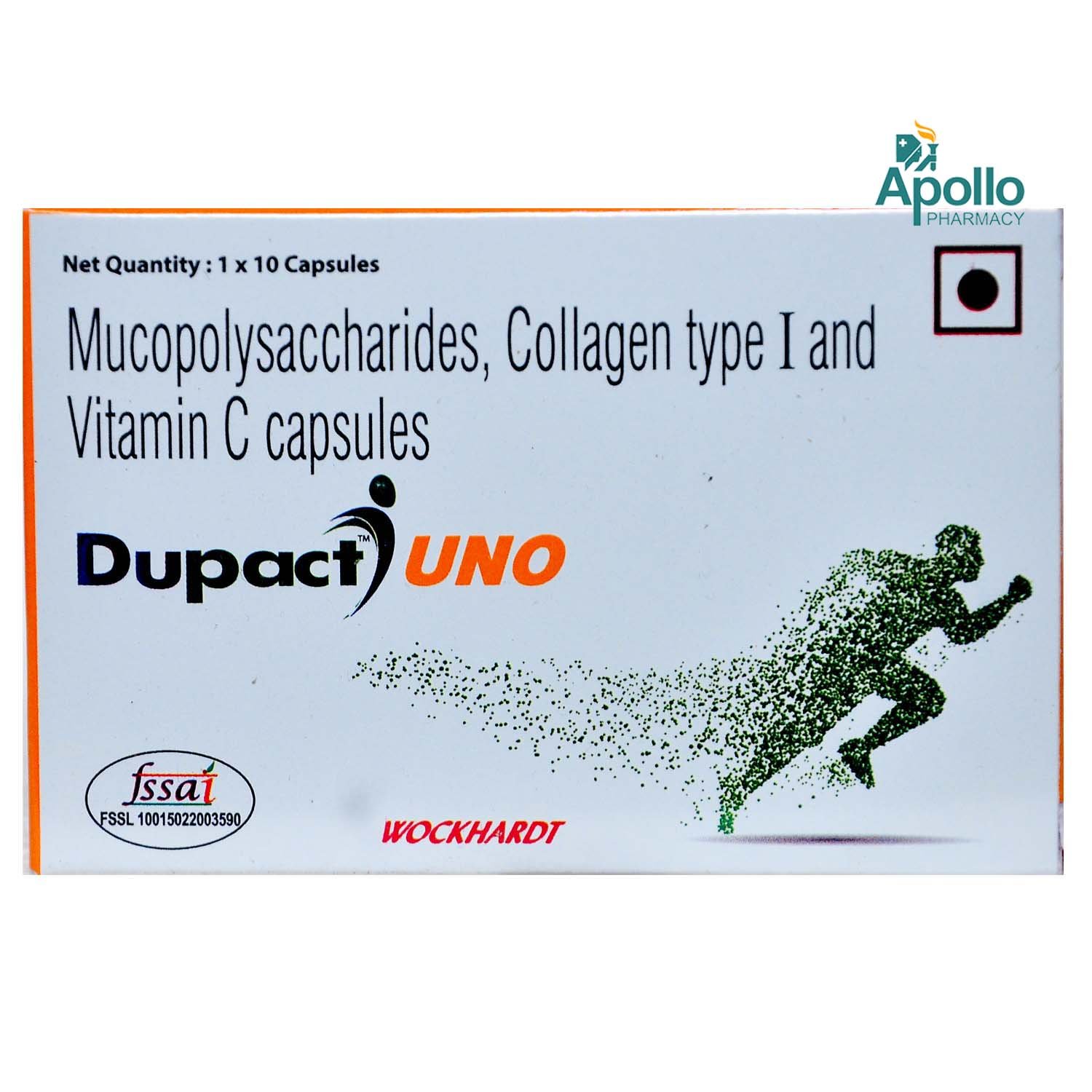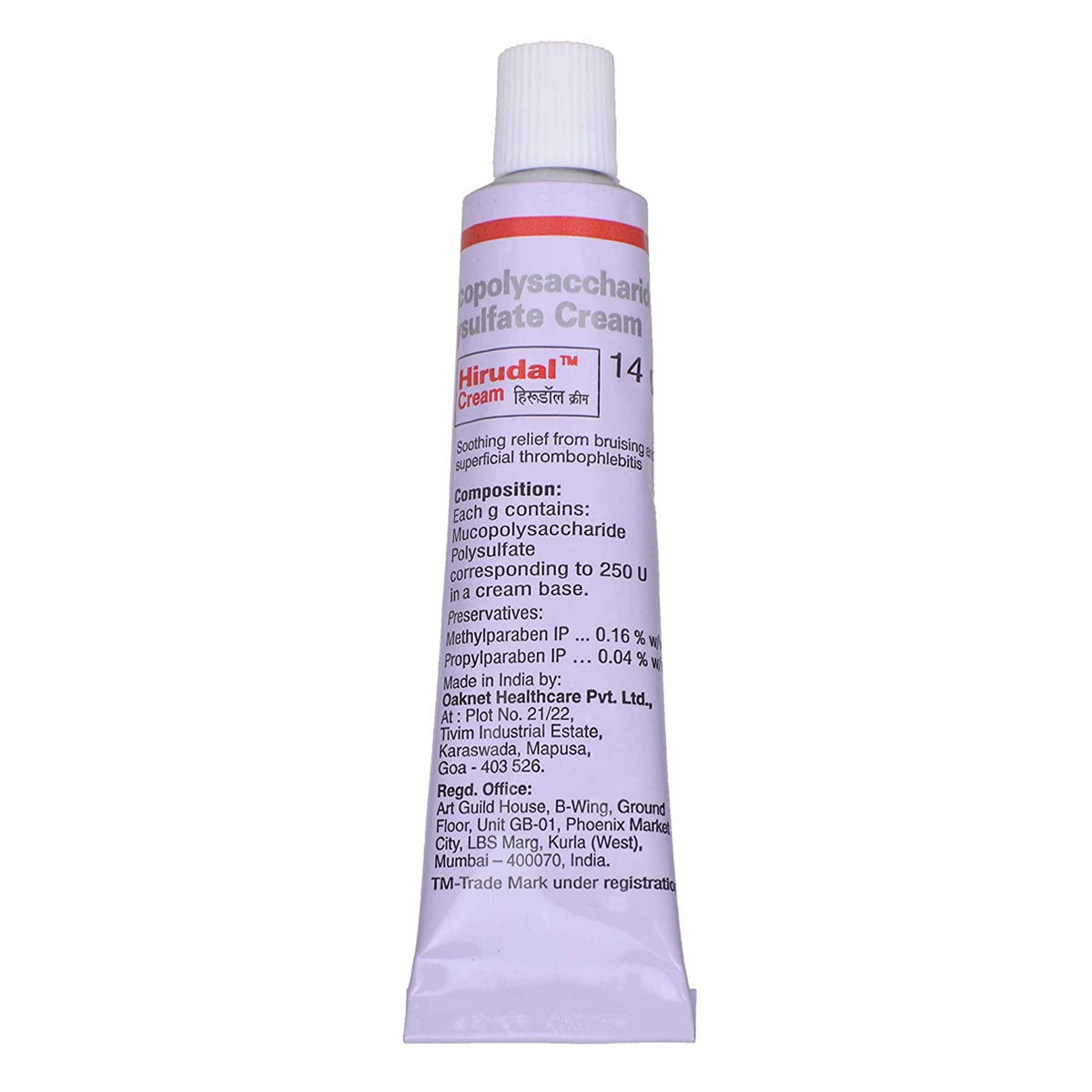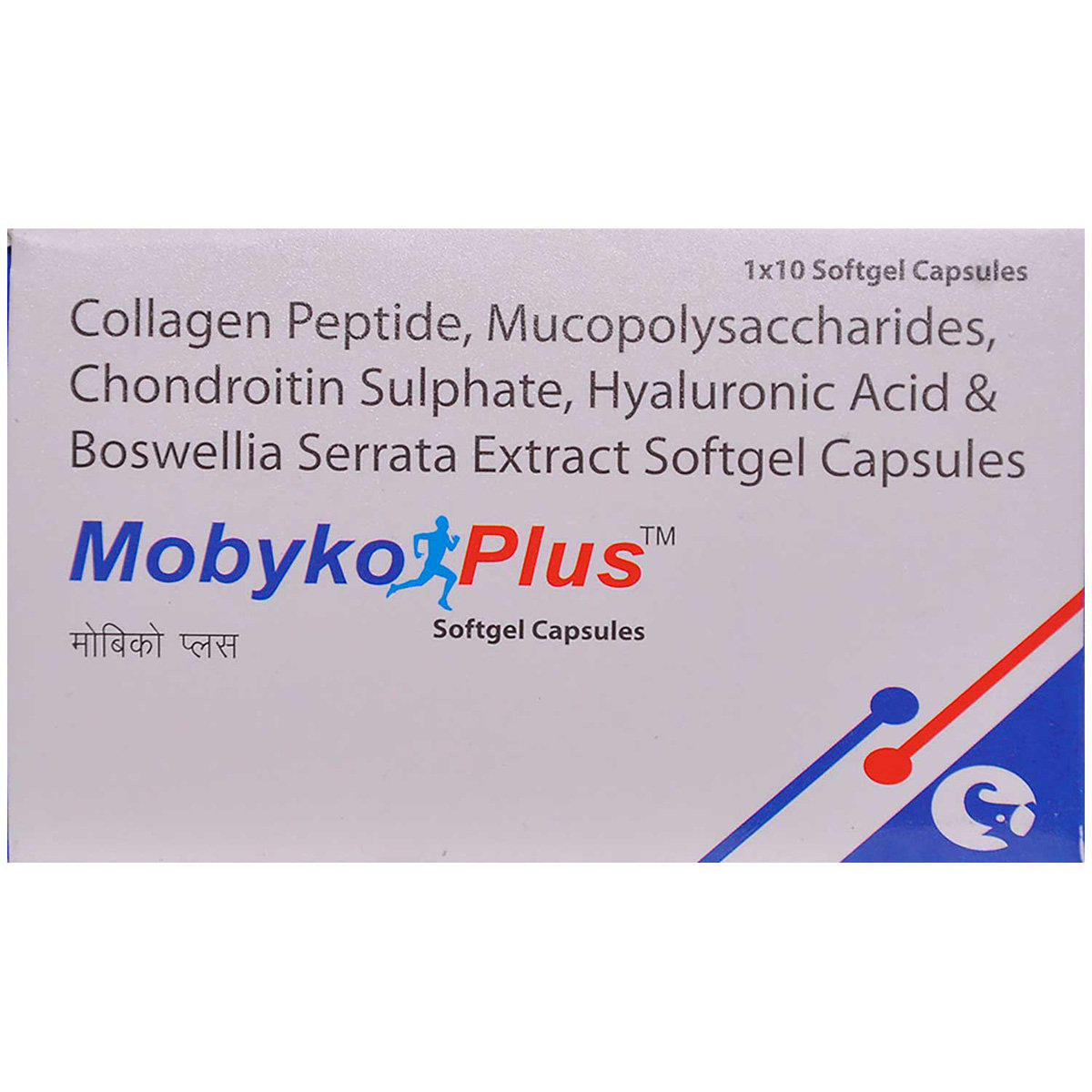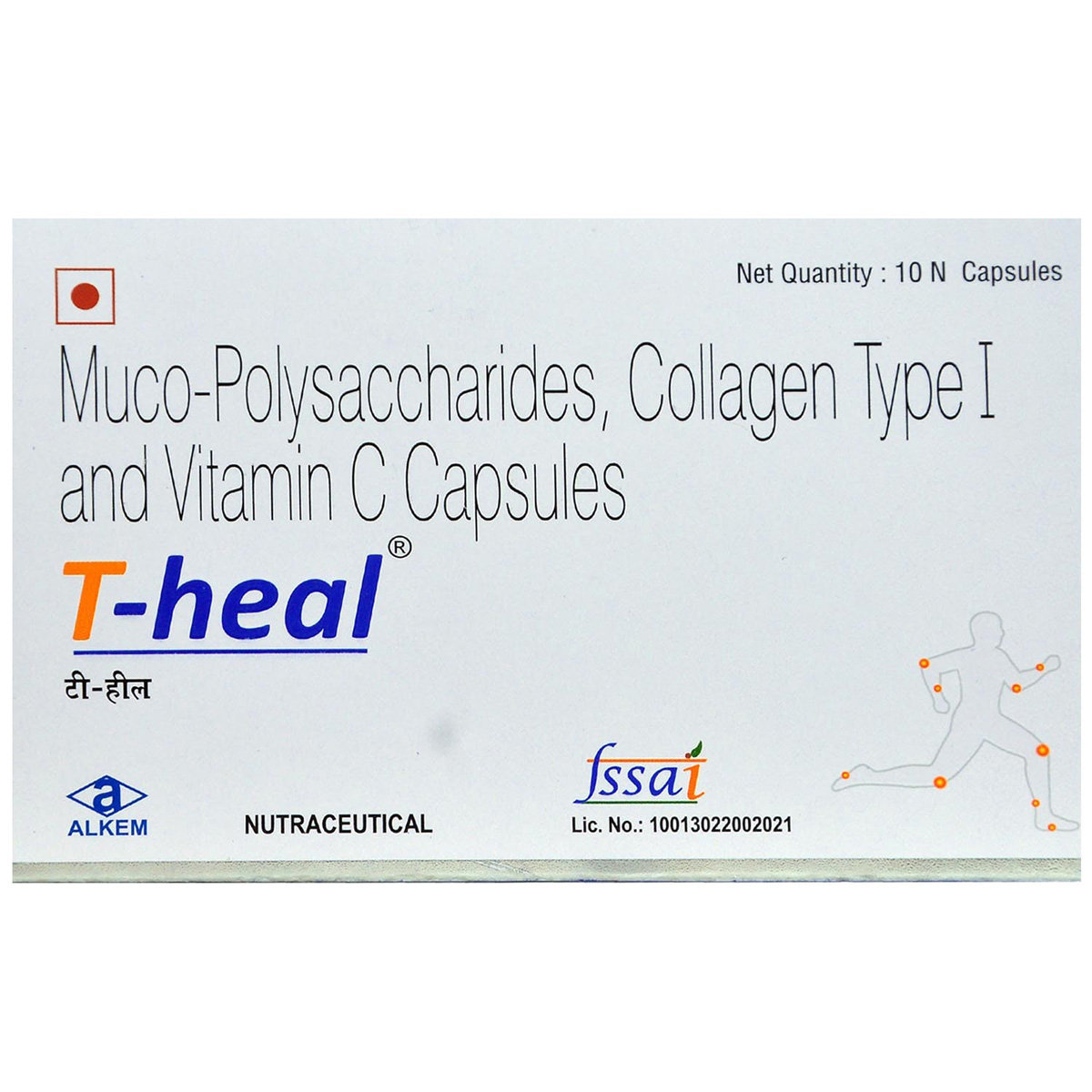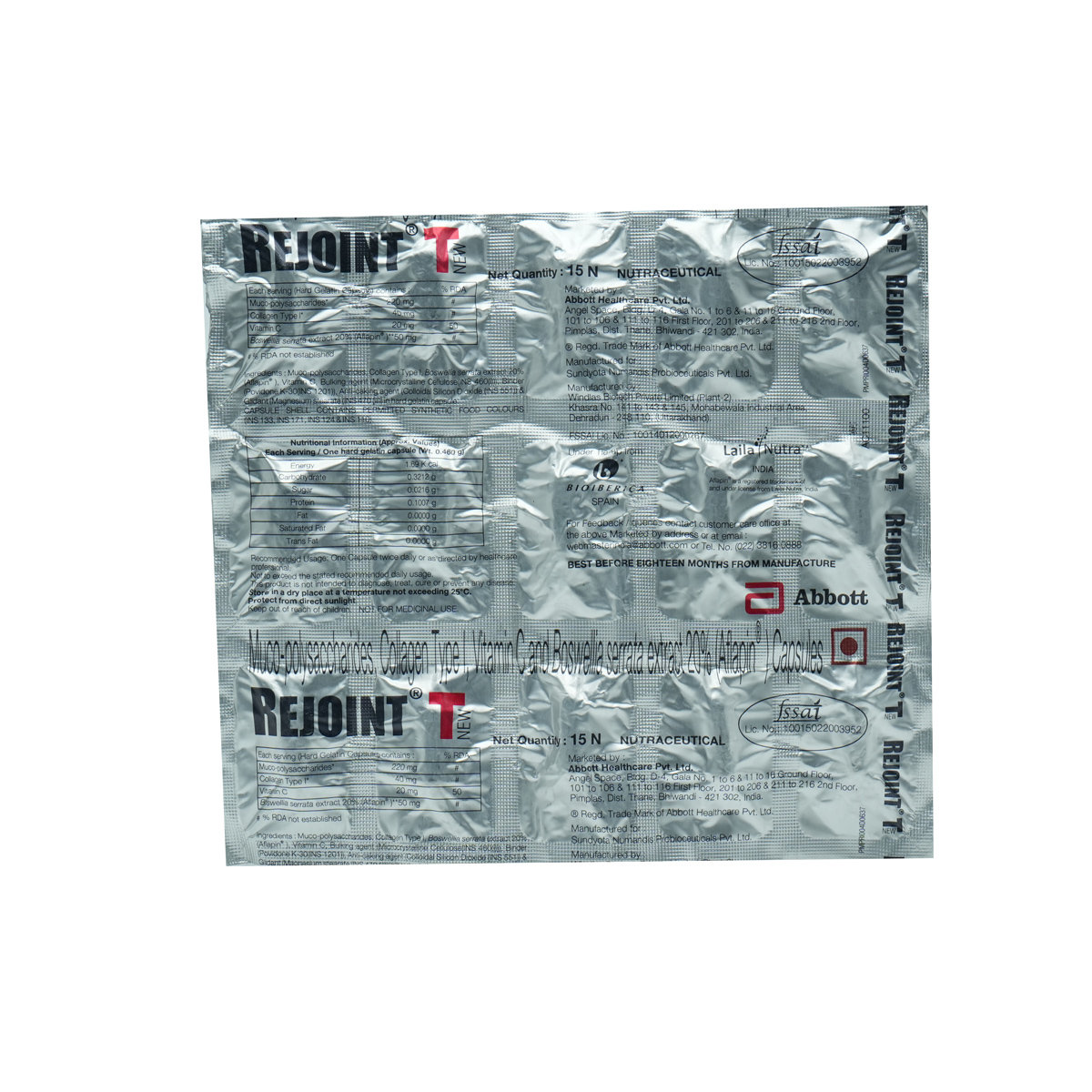Mucopolysaccharide Polysulphate
About Mucopolysaccharide Polysulphate
Mucopolysaccharide Polysulphate belongs to the group of medications called 'anticoagulants/antithrombotics,' primarily used to treat superficial thrombophlebitis and bruises. Superficial thrombophlebitis (Phlebitis) is the inflammation of a vein close to the skin's surface. A bruise (contusion) is a discoloured spot on the skin that appears when blood vessels beneath the skin surface rupture and leak.
Mucopolysaccharide Polysulphate contains Mucopolysaccharide polysulphate, which has antithrombotic, anti-inflammatory, and fibrinolytic properties. It works by breaking down blood clots (thrombus) in the vein, improving blood flow, and reducing pain and inflammation. Thus, Mucopolysaccharide Polysulphate provides soothing relief and promotes faster recovery from bruises and superficial thrombophlebitis.
Mucopolysaccharide Polysulphate is for external use only. It should be used for the duration advised by your doctor. Mucopolysaccharide Polysulphate may sometimes cause common side effects such as itching and skin rash at the application site. These side effects will gradually resolve over time without requiring medical attention. However, if the side effects persist or worsen, please consult your doctor.
Before using Mucopolysaccharide Polysulphate, inform your doctor if you are allergic to any of its ingredients. Do not exceed the recommended dose or apply Mucopolysaccharide Polysulphate for a prolonged period, as it will not speed up your recovery and may increase the risk of side effects. Do not use Mucopolysaccharide Polysulphate on broken or damaged skin, larger skin areas, or other sensitive areas, such as the mouth, eyes, and genitals. If accidental contact occurs with these areas, rinse with water immediately. Please consult your doctor for advice before using Mucopolysaccharide Polysulphate if you are pregnant or breastfeeding.
Uses of Mucopolysaccharide Polysulphate
Medicinal Benefits
Mucopolysaccharide Polysulphate contains Mucopolysaccharide polysulphate(MPS), a type of heparinoid (a class of medications that mimics the effects of heparin), which has antithrombotic, anti-inflammatory, and fibrinolytic properties. It helps break down blood clots (thrombus), improves blood flow, and reduces pain and inflammation. Thus, Mucopolysaccharide Polysulphate provides soothing relief and promotes faster recovery from bruises and superficial thrombophlebitis. Additionally, MPS is commonly used as an effective moisturizer to treat various skin conditions, such as dry skin, pruritus (itchy skin), psoriasis (red, scaly skin patches), eczema (dry, itchy, and inflamed skin), senile xerosis (dry, wrinkled skin in elderly), and post-operative ecchymosis and oedema (bruising and swelling after surgery). It is also used in the treatment of osteoarthritis (a chronic condition causing joint pain and stiffness) and for preventing thromboembolism (blood clots).
Directions for Use
- It is advised to apply Mucopolysaccharide Polysulphate 2 to 3 times a day or as prescribed by a doctor.
- Apply a small amount of Mucopolysaccharide Polysulphate to the clean and dry affected area. Gently massage the cream into the skin until it is fully absorbed.
- Wash your hands before and after applying it.
Storage
Side Effects of Mucopolysaccharide Polysulphate
- Itching
- Skin rash
Drug Warnings
Do not use Mucopolysaccharide Polysulphate if you are allergic to any of its ingredients. Inform your doctor if you are using any topical medications to prevent side effects or interactions. Do not exceed the recommended dose or apply Mucopolysaccharide Polysulphate for a prolonged period, as it will not speed up your recovery and may increase the risk of side effects. Keep the affected area clean to improve the effectiveness of this medicine. Do not use Mucopolysaccharide Polysulphate on broken or damaged skin, larger skin areas, or other sensitive areas, such as the mouth, eyes, and genitals. If accidental contact occurs with these areas, rinse with water immediately. Do not swallow Mucopolysaccharide Polysulphate; if accidentally swallowed, seek immediate medical help from your doctor or the nearest hospital. Please consult your doctor for advice before using Mucopolysaccharide Polysulphate if you are pregnant or breastfeeding.
Drug Interactions
Drug-Drug Interactions: No interactions found/established.
Drug-Food Interactions: No interactions found/established.
Drug-Disease Interactions: No interactions found/established.
Drug-Drug Interactions Checker List:
Safety Advice

Alcohol
consult your doctorIt is unknown whether alcohol interacts with Mucopolysaccharide Polysulphate. Please consult your doctor before consuming alcohol while using Mucopolysaccharide Polysulphate.

Pregnancy
consult your doctorThere is limited information available on whether Mucopolysaccharide Polysulphate affects pregnancy. If you are pregnant or planning to become pregnant, please consult your doctor for advice before using Mucopolysaccharide Polysulphate.

Breast Feeding
consult your doctorIt is unknown whether Mucopolysaccharide Polysulphate passes into breast milk. If you are breastfeeding, please consult your doctor for advice before using Mucopolysaccharide Polysulphate.

Driving
safeMucopolysaccharide Polysulphate does not affect your ability to drive.

Liver
consult your doctorThere is limited information available about the use of Mucopolysaccharide Polysulphate in patients with liver disease. If you have a history of liver disease, please consult your doctor for advice before using Mucopolysaccharide Polysulphate.

Kidney
consult your doctorThere is limited information available about the use of Mucopolysaccharide Polysulphate in patients with kidney disease. If you have a history of kidney disease, please consult your doctor for advice before using Mucopolysaccharide Polysulphate.

Children
cautionMucopolysaccharide Polysulphate should not be used in children under 5 years unless prescribed by the doctor.
Habit Forming
Diet & Lifestyle Advise
- Avoid sitting for long periods, keep your leg elevated when sitting or lying down, and try to stay active by walking around to prevent the worsening of your symptoms.
- Apply ice packs to the bruised areas every few hours for the first 1-2 days.
- You can then apply a warm, damp cloth to the affected area several times a day.
- Eat a healthy diet with lots of minerals and vitamins.
- Consider using over-the-counter pain relievers like ibuprofen and naproxen, if advised by your doctor.
Patients Concern
Disease/Condition Glossary
Superficial thrombophlebitis: Also known as superficial vein thrombosis or phlebitis, is the inflammation of a vein close to the skin's surface. It typically affects the veins of the legs, arms, and neck. Common symptoms include pain, swelling, and tenderness in the affected area; warm and itchy skin; and changes in skin colour and texture. Mild cases may not require treatment. However, if symptoms worsen or persist, they can be treated with anti-inflammatory gels or creams, compression stockings, and blood thinner medications.
Bruises: A bruise (also known as a skin contusion or ecchymosis) is a discoloured spot on the skin that appears when blood vessels beneath the skin surface rupture and leak. Symptoms include pain, swelling, and tenderness. Bruises are most commonly caused by physical trauma or injury, aging skin, diseases affecting platelet count (such as hemophilia), and medications affecting blood clotting (such as steroids and aspirin).
FAQs
Mucopolysaccharide Polysulphate belongs to the group of medications called 'anticoagulants/antithrombotics,' primarily used to treat superficial thrombophlebitis (inflammation of a vein) and bruises (skin contusion).
Mucopolysaccharide Polysulphate contains Mucopolysaccharide polysulphate, which has antithrombotic, anti-inflammatory, and fibrinolytic properties. It works by breaking down blood clots (thrombus) in the vein, improving blood flow, and reducing pain and inflammation. Thus, Mucopolysaccharide Polysulphate provides soothing relief and promotes faster recovery from bruises and superficial thrombophlebitis.
The common side effects of Mucopolysaccharide Polysulphate include itching and skin rash at the application site. These side effects will gradually resolve over time without requiring medical attention. However, if the side effects persist or worsen, please consult your doctor.
Mucopolysaccharide Polysulphate is for external use only. Do not use Mucopolysaccharide Polysulphate if you are allergic to any of its ingredients. Keep the affected area clean to improve the effectiveness of this medicine. Do not use Mucopolysaccharide Polysulphate on broken or damaged skin, larger skin areas, or other sensitive areas, such as the mouth, eyes, and genitals. If accidental contact occurs with these areas, rinse with water immediately.
Mucopolysaccharide Polysulphate typically starts working soon after application, but it may take a few days for your symptoms to improve significantly. It is important to use Mucopolysaccharide Polysulphate regularly and complete the full course of treatment as prescribed by your doctor to ensure the best results.

